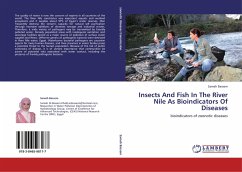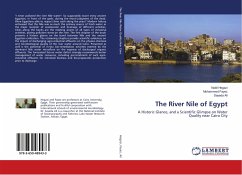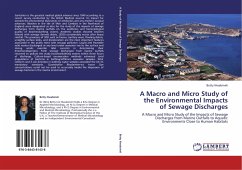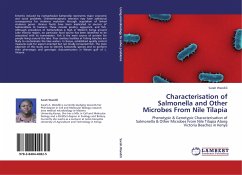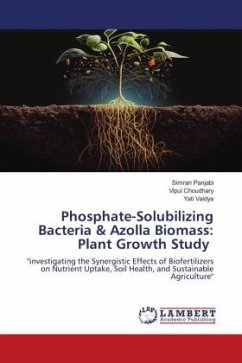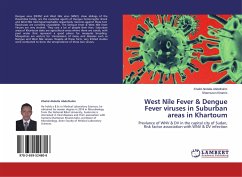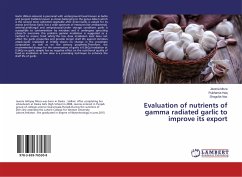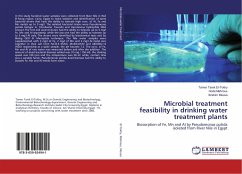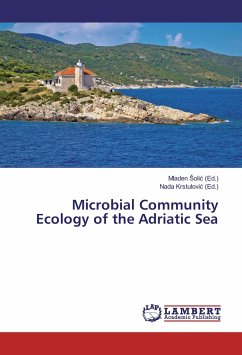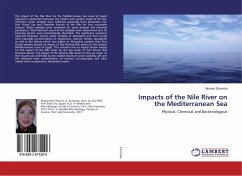
Impacts of the Nile River on the Mediterranean Sea
Physical, Chemical and Bacteriological
Versandkostenfrei!
Versandfertig in 6-10 Tagen
33,99 €
inkl. MwSt.

PAYBACK Punkte
17 °P sammeln!
The impact of the Nile River on the Mediterranean Sea coast of Egypt required a comparison between the eastern and western coasts of the sea, therefore water samples were collected seasonally from Alexandria city, Port Fouad city and Damietta branch of the Nile for four successive seasons. Water samples were examined for some physical and chemical parameters. Total bacterial count of the samples were determined and 16 bacterial genera were biochemically identified. The significant variations observed between marine water samples of Alexandria and Port Fouad cities especially concentrations of ...
The impact of the Nile River on the Mediterranean Sea coast of Egypt required a comparison between the eastern and western coasts of the sea, therefore water samples were collected seasonally from Alexandria city, Port Fouad city and Damietta branch of the Nile for four successive seasons. Water samples were examined for some physical and chemical parameters. Total bacterial count of the samples were determined and 16 bacterial genera were biochemically identified. The significant variations observed between marine water samples of Alexandria and Port Fouad cities especially concentrations of magnesium, calcium, nitrate, phosphate as well as the salinity which was higher in Alexandria samples than Port Fouad samples proved an impact of the flowing Nile water on the eastern Mediterranean coast of Egypt. This variation has no logical reason except for the impact of the Nile water on the sea water of Port Fouad that lowered salinity. The impact of the flowing Nile water on the sea water of Port Fouad was confirmed by the related results of water turbidity, pH and the relatively close concentration of nitrates, bi-carbonates and trace metals when compared to Alexandria results.



